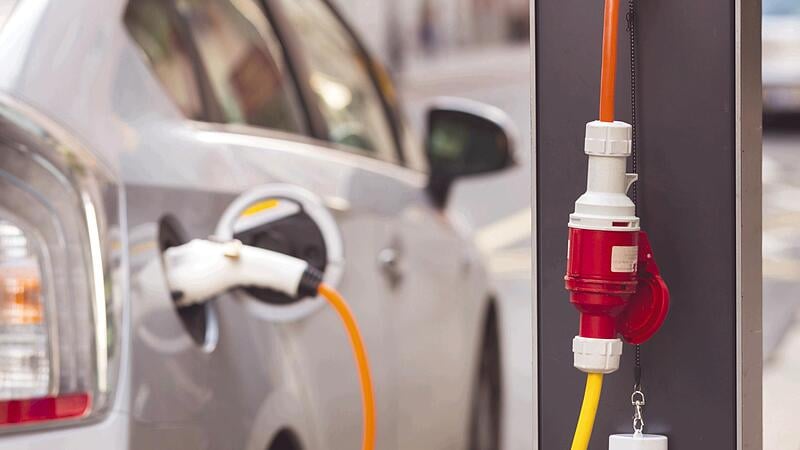This emerges from the Deloitte Automotive Study.
The short range, the comparatively high price and concerns about sustainability are cited as hurdles. Around 38 percent of consumers expect a fully charged car to have an average range of 600 kilometers. And according to the survey, the price should be between 15,000 and 30,000 euros. Long charging times and too few charging options are mentioned as further obstacles to opting for e-cars.
The main advantages of electromobility are lower fuel costs and possible public sector incentives and climate change. Nevertheless, more than half of the study participants would reconsider the decision in favor of electromobility if environmentally friendly, synthetic fuel, i.e. e-fuel, were available.
“Suggestions from manufacturers and government”
“In order to drive the e-car trend faster, efforts are needed on the part of manufacturers and the government – especially with regard to infrastructure and subsidies. At the same time, consumers are also required to open themselves to new technologies – this is the only way we can achieve the climate goals that have been set,” commented Matthias Kunsch, Partner at Deloitte Austria.
From the point of view of those surveyed, however, the disadvantages should currently outweigh them: according to the study, interest in purely battery-powered vehicles has actually decreased recently. Because a year ago, 10 percent would have opted for pure electromobility.
54 percent plan to buy a combustion engine
Interest in petrol and diesel vehicles has fallen by 4 percent compared to the previous year. But at 54 percent, the majority would still plan to buy a combustion engine. “E-cars therefore remain rather exceptional phenomena and the end of the combustion engine is a long way off,” explained Kunsch.
On the other hand, plug-in hybrids – i.e. the combination of a combustion engine and a chargeable e-car – are becoming increasingly popular: while according to Deloitte this type of drive was only an option for 11 percent of the survey participants last year, 16 percent are currently considering the purchase imagine such a vehicle.
In the international midfield
However, when it comes to electric mobility, Austria is in the middle internationally, as the Deloitte study revealed: in Japan, for example, 36 percent plan to buy a combustion engine or a hybrid vehicle next. Another 12 percent would opt for a plug-in hybrid and 13 percent for a purely electric drive. So 61 percent would at least partially rely on electric drive.
In the USA, on the other hand, according to the study, 62 percent would opt for a combustion engine again. A fifth of those surveyed named a hybrid vehicle as their next dream vehicle and only 8 percent were in favor of purely electric cars or plug-in hybrids.
As part of the study, 26,000 people in 24 countries were interviewed internationally. In Austria, 1,000 people took part.
more from economy




